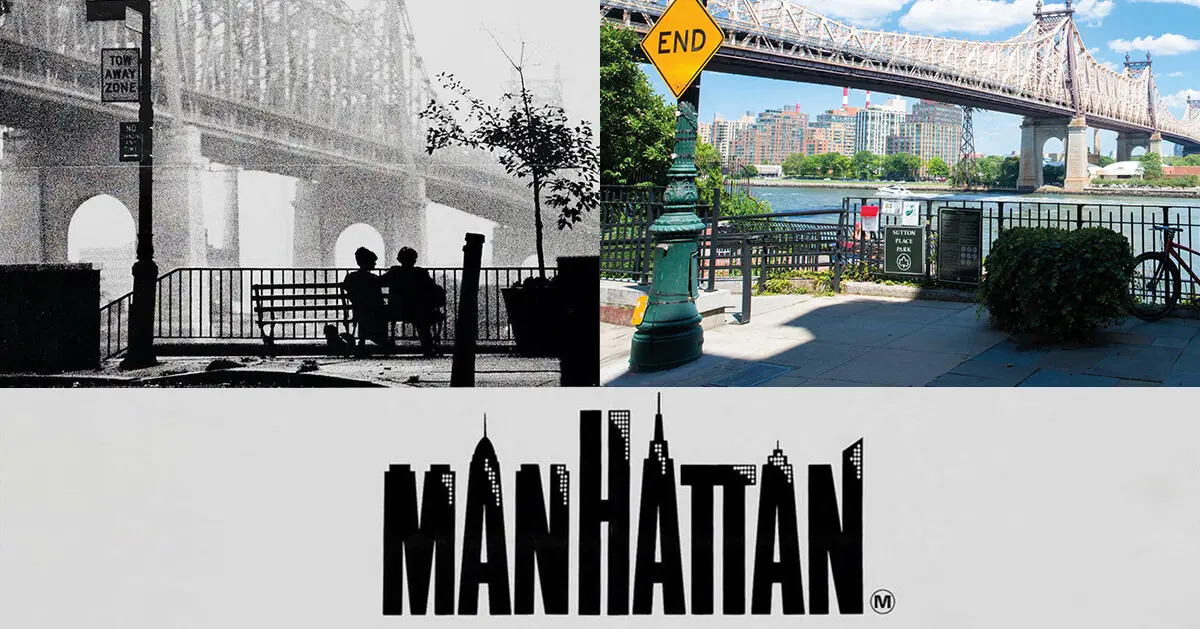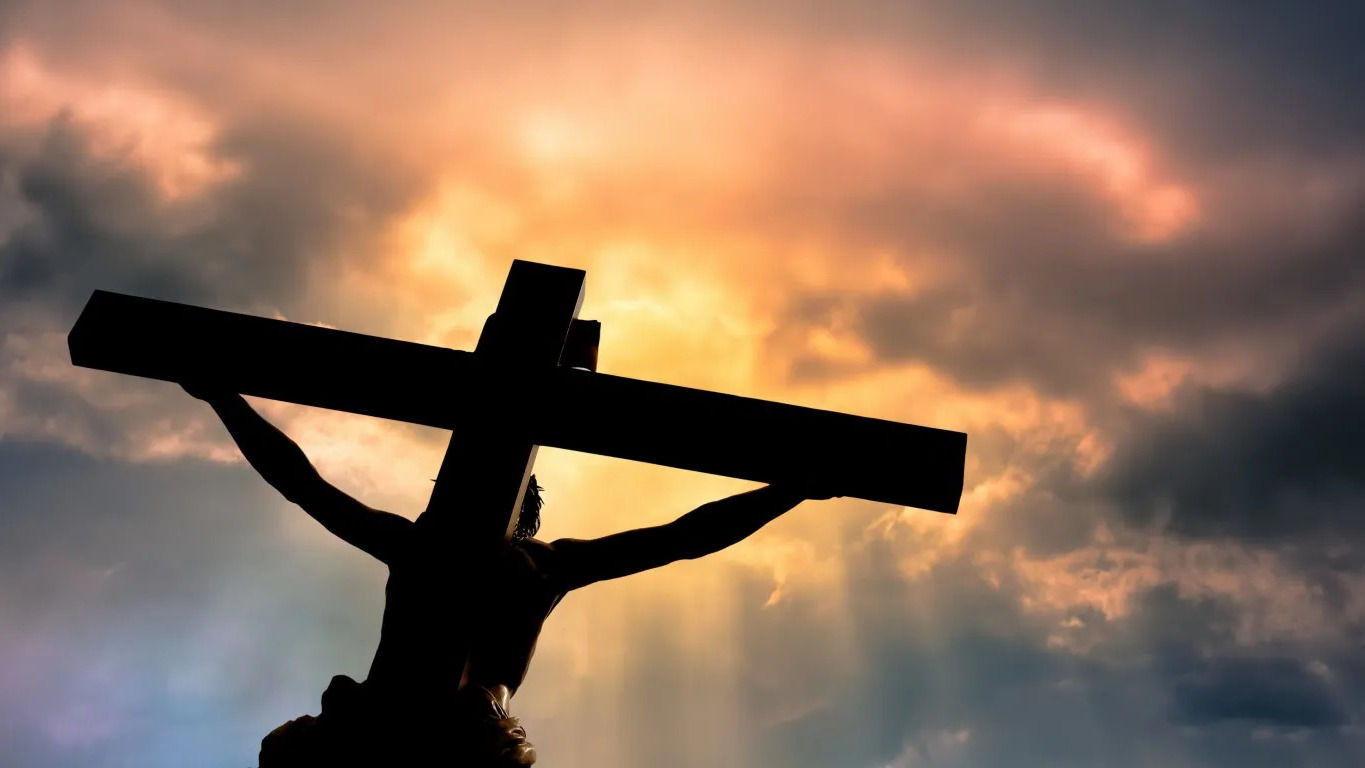
Manhattan, the iconic film directed by Woody Allen, is a cinematic masterpiece that has captivated audiences for decades. Released in 1979, this black-and-white romantic comedy-drama is set in the bustling city of New York, which serves as a vibrant backdrop for a complex tale of love, relationships, and the pursuit of happiness. The film follows the story of Isaac Davis, played brilliantly by Woody Allen himself, as he navigates through a series of romantic entanglements and existential questions. With its witty dialogue, breathtaking cinematography, and memorable performances, Manhattan remains timeless and continues to be hailed as one of Allen’s finest works. In this article, we delve into 44 fascinating facts about the making of Manhattan, shedding light on the behind-the-scenes details that contribute to its enduring appeal.
Key Takeaways:
- Manhattan is a timeless movie set in New York City, blending romance, comedy, and existential themes. It’s a love letter to the city, with stunning visuals and a masterful ensemble cast.
- The film explores love, infidelity, and human connections in a visually stunning and intellectually stimulating manner. It’s a cinematic triumph that continues to captivate audiences with its timeless storytelling.
Woody Allen’s Directorial Masterpiece
Manhattan, directed by Woody Allen, is widely regarded as one of his greatest cinematic achievements.
Released in 1979
The movie was released in 1979 and quickly gained critical acclaim for its captivating storytelling and stunning visuals.
Set in New York City
Manhattan is primarily set in the bustling city of New York, capturing the essence and energy of the metropolis.
Black and White Cinematography
One of the standout features of Manhattan is its beautiful black and white cinematography, adding a timeless quality to the film.
A Love Letter to New York
The movie serves as a love letter to the city of New York, showcasing its iconic landmarks and vibrant culture.
An Existential Comedy
Manhattan combines elements of romance and comedy with existential themes, exploring the complexities of human relationships.
The Masterful Ensemble Cast
The film boasts a stellar ensemble cast, including Woody Allen, Diane Keaton, Mariel Hemingway, and Meryl Streep.
Academy Award Nomination
Manhattan received two Academy Award nominations, including Best Supporting Actress for Mariel Hemingway.
The Iconic Opening Sequence
The movie opens with a montage of stunning images of New York City, accompanied by George Gershwin’s “Rhapsody in Blue,” setting the mood for the entire film.
Diane Keaton’s Memorable Performance
Diane Keaton delivers a memorable performance as Mary Wilkie, capturing the essence of a complex and multi-layered character.
Prominent Themes of Love and Infidelity
Manhattan explores the intricacies of love, relationships, and the challenges of fidelity in a thought-provoking manner.
Iconic Dialogues
The movie features several memorable and quotable dialogues that have become part of film history.
Gorgeously Composed Shots
The cinematography in Manhattan is visually stunning, with each frame carefully composed to create a lasting impact on the audience.
The Soundtrack that Enhances the Story
The film’s soundtrack, featuring classical pieces by composers such as George Gershwin and Sergei Rachmaninoff, perfectly complements the narrative and adds depth to the storytelling.
A Timeless Tale of Love and Loss
Manhattan tells a timeless story of love, loss, and the complexities of human emotions, resonating with audiences across generations.
Woody Allen’s Signature Wit and Humor
The movie is infused with Woody Allen’s signature wit and humor, adding a touch of levity to the profound themes explored in the film.
The Influence of 1950s Cinema
Manhattan draws inspiration from the classic Hollywood films of the 1950s, paying homage to the era’s cinematic style and storytelling techniques.
A Critique of Modern Relationships
The film offers a subtle critique of modern relationships, challenging societal norms and expectations associated with love and commitment.
The Iconic Bridge Scene
One of the most memorable scenes in the movie features Woody Allen and Diane Keaton sitting under the Queensboro Bridge, engaging in a heartfelt conversation.
A Cinematic Ode to Art and Culture
Manhattan celebrates the power of art and culture in shaping individuals and communities, highlighting the importance of self-expression and creativity.
An Impressive Box Office Success
Despite being a critically acclaimed film, Manhattan also performed well at the box office, appealing to a wide range of audiences.
A Time Capsule of New York City in the 1970s
The movie serves as a fascinating time capsule, capturing the essence of New York City during the 1970s, with its unique fashion, music, and cultural trends.
Intellectual and Thought-Provoking
Manhattan is an intellectually stimulating film that encourages viewers to contemplate the complexities of life, love, and human nature.
A Masterclass in Screenwriting
The screenplay of Manhattan is a brilliant example of Woody Allen’s prowess as a master screenwriter, with its sharp dialogue and well-crafted characters.
A Gorgeous Depiction of Seasons
The film beautifully captures the changing seasons in New York City, showcasing the visual splendor of each weather transition.
An Homage to Great Literature
Manhattan pays homage to great literary works, with characters engaging in intellectual discussions about authors such as F. Scott Fitzgerald and Anton Chekhov.
The Poignant Ending
The movie concludes with a poignant and introspective scene, leaving the audience with a lingering sense of contemplation.
A Masterfully Crafted Love Triangle
The love triangle depicted in Manhattan unfolds in a nuanced and realistic manner, exploring the complexities of desire, attraction, and commitment.
Influential in the Rom-Com Genre
Manhattan has had a significant influence on the romantic comedy genre, inspiring future filmmakers to explore deeper themes within the genre.
A Visual Feast for the Eyes
The cinematography and production design in Manhattan create a visually stunning experience, immersing the audience in the beauty of New York City.
A Culturally Significant Film
Manhattan is considered a culturally significant film, representing a unique era in American cinema and leaving a lasting impact on cinematic storytelling.
The Power of Voiceover Narration
The film effectively utilizes voiceover narration to provide insight into the characters’ inner thoughts and feelings, adding depth to their development.
A Showcase of New York’s Diversity
Manhattan celebrates the diversity of New York City, showcasing characters from different backgrounds and walks of life.
A Timeless Exploration of Relationships
The themes explored in Manhattan, such as love, betrayal, and forgiveness, are timeless and continue to resonate with audiences today.
A Cinematic Masterclass in Character Development
The characters in Manhattan are expertly developed, with each having their distinct arcs and complexities that add depth to the overall story.
Woody Allen’s Autobiographical Touch
Manhattan reflects elements of Woody Allen’s own life and experiences, giving the film a personal and intimate touch.
A Beautifully Written Love Letter to the City
The dialogue in Manhattan vividly captures the essence and spirit of New York City, reaffirming its status as a central character in the film.
A Cinematic Blend of Drama and Comedy
Manhattan seamlessly blends elements of drama and comedy, creating a unique and engaging viewing experience.
A Profound Exploration of Human Connections
Through its intricate storyline, Manhattan delves into the complexity of human connections, highlighting the universal desire for love, acceptance, and understanding.
Timeless Fashion Statements
The fashion choices in Manhattan have had a lasting impact on pop culture, with characters donning iconic and stylish outfits.
A Quintessential New York Film
Manhattan has become synonymous with New York City, representing the spirit and energy of the Big Apple.
The Influence on Contemporary Filmmakers
Many contemporary filmmakers cite Manhattan as a source of inspiration and reference it as a touchstone for their own works.
A Melting Pot of Emotions
The film evokes a range of emotions in the audience, from laughter to tears, as it explores the complexities of the human experience.
A Cinematic Triumph
Manhattan is a cinematic triumph that continues to captivate audiences with its timeless storytelling, brilliant performances, and evocative visuals.
Conclusion
Manhattan is a truly iconic film that has captured the hearts of cinephiles for decades. With its memorable characters, stunning visuals, and thought-provoking storyline, it continues to be a beloved classic in the world of cinema. From its impeccable black and white cinematography to its brilliant screenplay, Manhattan showcases the genius of director Woody Allen. The movie explores complex themes like love, relationships, and the complexities of city life, all while staying true to Allen’s signature wit and humor. If you haven’t seen Manhattan yet, it’s definitely a must-watch for any film enthusiast. Prepare to be captivated by its beauty, depth, and unforgettable moments.
FAQs
1. Who directed the movie Manhattan?
Manhattan was directed by Woody Allen, who is known for his unique filmmaking style and witty storytelling.
2. When was Manhattan released?
Manhattan was released in 1979 and quickly became a critical and commercial success.
3. What is the main storyline of Manhattan?
The movie follows the life of Isaac Davis, a television comedy writer who is navigating through love, relationships, and the complexities of city life in New York City.
4. Who are the main actors in Manhattan?
Manhattan stars Woody Allen, Diane Keaton, Mariel Hemingway, and Michael Murphy in the lead roles.
5. What makes Manhattan a classic film?
Manhattan is considered a classic film due to its brilliant cinematography, compelling storyline, and iconic portrayal of New York City. It explores timeless themes that resonate with audiences even to this day.
6. Did Manhattan receive any awards?
Yes, Manhattan received critical acclaim and was nominated for two Academy Awards. It won the BAFTA Award for Best Screenplay and the National Society of Film Critics Award for Best Film.
7. Is Manhattan a romantic film?
Yes, Manhattan delves into the complexities of romantic relationships and explores the various facets of love. It beautifully captures the essence of romance in a unique and thought-provoking way.
8. Can you watch Manhattan if you’re not familiar with Woody Allen’s other films?
Absolutely! While being familiar with Woody Allen’s other works may enhance your appreciation of his filmmaking style, Manhattan can be enjoyed as a standalone film and is a great starting point for exploring his filmography.
Manhattan's cinematic brilliance isn't the only captivating topic worth exploring. Dive into the world of soccer with fascinating facts about New York City's very own football club, or take a trip back to the gritty 1979 films like Hardcore that pushed boundaries and challenged norms. For a timeless romantic comedy that still charms audiences today, look no further than the classic It Happened One Night, a film that set the standard for the genre.
Was this page helpful?
Our commitment to delivering trustworthy and engaging content is at the heart of what we do. Each fact on our site is contributed by real users like you, bringing a wealth of diverse insights and information. To ensure the highest standards of accuracy and reliability, our dedicated editors meticulously review each submission. This process guarantees that the facts we share are not only fascinating but also credible. Trust in our commitment to quality and authenticity as you explore and learn with us.


